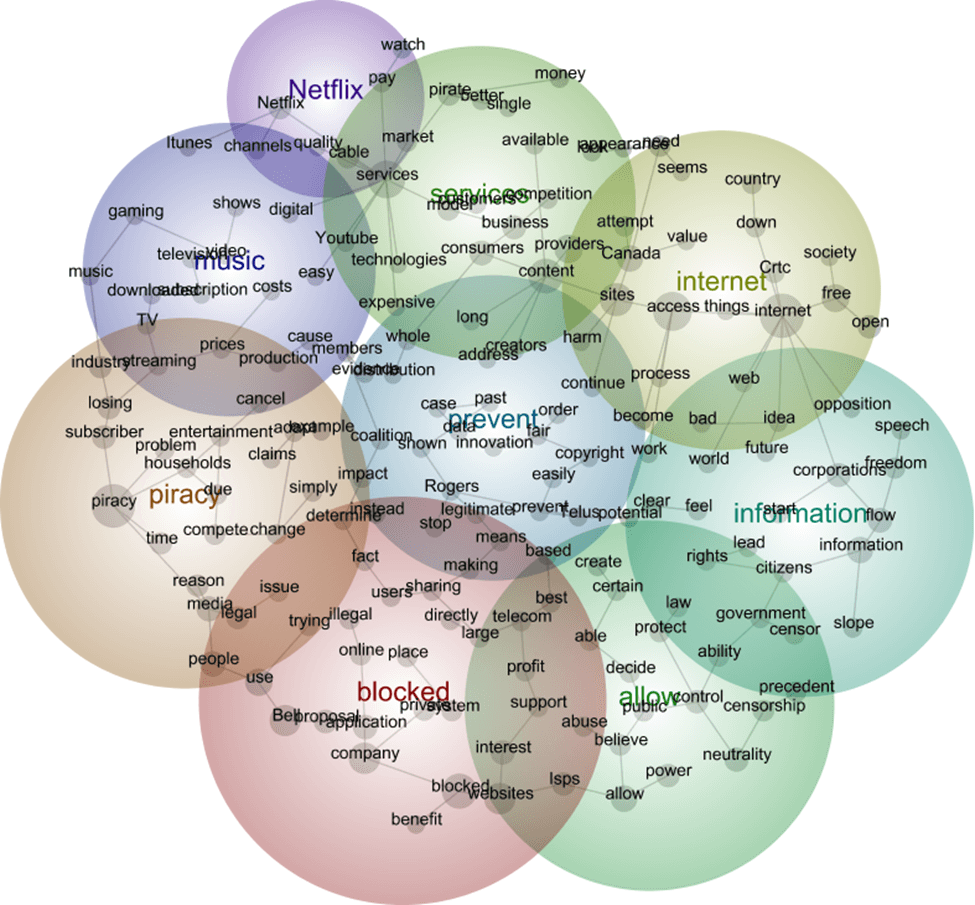Founder of Fan-Made Subtitle Site Lose Copyright Infringement Appeal
dimanche 18 mars 2018 à 10:41 For millions of people around the world, subtitles are the only way to enjoy media in languages other than that in the original production. For the deaf and hard of hearing, they are absolutely essential.
For millions of people around the world, subtitles are the only way to enjoy media in languages other than that in the original production. For the deaf and hard of hearing, they are absolutely essential.
Movie and TV show companies tend to be quiet good at providing subtitles eventually but in line with other restrictive practices associated with their industry, it can often mean a long wait for the consumer, particularly in overseas territories.
For this reason, fan-made subtitles have become somewhat of a cottage industry in recent years. Where companies fail to provide subtitles quickly enough, fans step in and create them by hand. This has led to the rise of a number of subtitling platforms, including the now widely recognized Undertexter.se in Sweden.
The platform had its roots back in 2003 but first hit the headlines in 2013 when Swedish police caused an uproar by raiding the site and seizing its servers.
“The people who work on the site don’t consider their own interpretation of dialog to be something illegal, especially when we’re handing out these interpretations for free,” site founder Eugen Archy said at the time.
Vowing to never give up in the face of pressure from the authorities, anti-piracy outfit Rättighetsalliansen (Rights Alliance), and companies including Nordisk Film, Paramount, Universal, Sony and Warner, Archy said that the battle over what began as a high school project would continue.
“No Hollywood, you played the wrong card here. We will never give up, we live in a free country and Swedish people have every right to publish their own interpretations of a movie or TV show,” he said.
It took four more years but in 2017 the Undertexter founder was prosecuted for distributing copyright-infringing subtitles while facing a potential prison sentence.
Things didn’t go well and last September the Attunda District Court found him guilty and sentenced the then 32-year-old operator to probation. In addition, he was told to pay 217,000 Swedish krona ($26,400) to be taken from advertising and donation revenues collected through the site.
Eugen Archy took the case to appeal, arguing that the Svea Hovrätt (Svea Court of Appeal) should acquit him of all the charges and dismiss or at least reduce the amount he was ordered to pay by the lower court. Needless to say, this was challenged by the prosecution.
On appeal, Archy agreed that he was the person behind Undertexter but disputed that the subtitle files uploaded to his site infringed on the plaintiffs’ copyrights, arguing they were creative works in their own right.
While to an extent that may have been the case, the Court found that the translations themselves depended on the rights connected to the original work, which were entirely held by the relevant copyright holders. While paraphrasing and parody might be allowed, pure translations are completely covered by the rights in the original and cannot be seen as new and independent works, the Court found.
The Svea Hovrätt also found that Archy acted intentionally, noting that in addition to administering the site and doing some translating work himself, it was “inconceivable” that he did not know that the subtitles made available related to copyrighted dialog found in movies.
In conclusion, the Court of Appeal upheld Archy’s copyright infringement conviction (pdf, Swedish) and sentenced him to probation, as previously determined by the Attunda District Court.
Last year, the legal status of user-created subtitles was also tested in the Netherlands. In response to local anti-piracy outfit BREIN forcing several subtitling groups into retreat, a group of fansubbers decided to fight back.
After raising their own funds, in 2016 the “Free Subtitles Foundation” (Stichting Laat Ondertitels Vrij – SLOV) took the decision to sue BREIN with the hope of obtaining a favorable legal ruling.
In 2017 it all fell apart when the Amsterdam District Court handed down its decision and sided with BREIN on each count.
The Court found that subtitles can only be created and distributed after permission has been obtained from copyright holders. Doing so outside these parameters amounts to copyright infringement.
Source: TF, for the latest info on copyright, file-sharing, torrent sites and more. We also have VPN reviews, discounts, offers and coupons.
 In January, a coalition of Canadian companies
In January, a coalition of Canadian companies 
 The
The 
 With millions of visitors per day, pirate streaming site
With millions of visitors per day, pirate streaming site